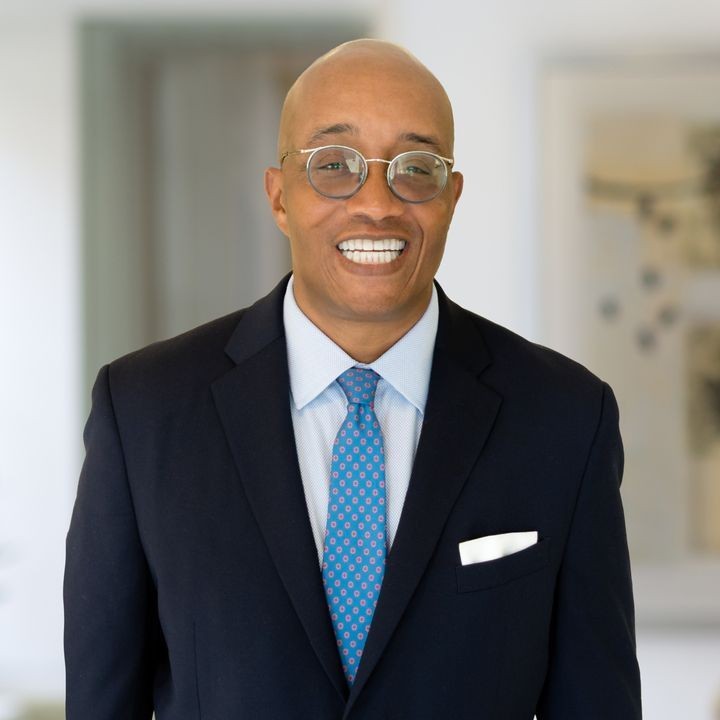FCA Suit Alleging Manufacturer Fraudulently Induced HHS to Stockpile $1.4B of Tamiflu to Prevent Influenza Pandemic Allowed to Proceed
Client Alert | 3 min read | 10.05.20
In U.S. ex rel. Thomas Jefferson v. Roche Holding AG, No. CV GLR-14-3665, 2020 WL 5759779 (D. Md. Sept. 28, 2020), the United States District Court for the District of Maryland denied Hoffmann-La Roche Inc.’s (“Roche”) motion to dismiss a complaint that alleged Roche fraudulently induced the Government in 2009 to purchase and stockpile $1.4B of Tamiflu, an antiviral prescription drug, to treat Americans and prevent the spread of an influenza pandemic, ruling that the relator had plausibly stated a claim under the False Claims Act (FCA), 31 U.S.C. §§ 3729 et seq. The District Court’s opinion foreshadows potential FCA pitfalls for pharmaceutical companies against the backdrop of the COVID-19 pandemic, and illuminates ongoing tensions in courts’ analyses of FCA claims under Universal Health Servs., Inc. v. United States ex rel. Escobar, 136 S. Ct. 1989 (2016).
The relator, Thomas Jefferson, a physician and medical researcher, asserted two separate theories of liability: first, that Roche made factually false representations in publishing scientifically inaccurate studies that misrepresented Tamiflu’s efficacy as a pandemic treatment and preventative; and second, that Roche made legally false representations by certifying that Tamiflu provided the pandemic efficacies sought by the government. Jefferson, 2020 WL 5759779, at *7 (D. Md. Sept. 28, 2020).
To adequately plead an FCA claim, a relator must plausibly allege four elements: “(1) there was a false statement or fraudulent course of conduct; (2) made or carried out with the requisite scienter [knowledge]; (3) that was material; and (4) that caused the government to pay out money . . . (i.e., that involved a ‘claim’).” Jefferson, 2020 WL 5759779, at *7. The Maryland District Court’s most consequential analysis focused on the elements of falsity and materiality.
With respect to falsity, the court found the complaint’s allegations—that Roche misrepresented the effectiveness of Tamiflu to the U.S. Department of Health and Human Services (HHS), and that its representative falsely testified during a legislative hearing that Tamiflu could be used to prevent a flu infection—were sufficient to state a claim that the company made factually false statements. Roche contended that the complaint’s allegations represented disagreements of scientific opinion and methodology, which do not give rise to FCA liability. The Maryland District Court refused to dismiss the action, citing the U.S. Court of Appeals for the Third Circuit’s recent decision in U.S. ex rel. Druding v. Care Alternatives, 952 F.3d 89, 100 (3d Cir. 2020), which found that a difference of medical opinion may create a triable dispute of fact regarding falsity. The District Court distinguished the action from U.S. ex rel. Milam v. Regents of Univ. of Cal., 912 F. Supp. 868 (D. Md. 1995), holding that the complaint did not “merely” allege scientific disagreement, but plausibly alleged Roche’s efforts to use false studies to facilitate a fraudulent scheme.
Roche further argued that the complaint was fatally flawed on materiality grounds because the relator’s complaint failed to allege that the government relied on the company’s representations. Roche noted that the government purchased Tamiflu despite disclaimers regarding its effectiveness for either treatment or prevention of influenza, and HHS recommended that healthcare providers not prescribe Tamiflu to prevent pandemic influenza. The District Court rejected these arguments. Instead, stating that a false statement is material if it is “capable” of having such an influence on the government’s payment decision, the court held that Roche’s allegedly false studies and articles had “a natural tendency to influence agency action.” Jefferson, 2020 WL 5759779, at *10 (D. Md. Sept. 28, 2020).
The case serves as a warning to pharmaceutical companies working to develop and bring to market safe and effective SARS-CoV-2 vaccines. Moreover, Jefferson evidences courts’ increased unwillingness to dismiss cases where defendants frame FCA claims as mere disagreements over scientific opinion, and serves as an example of the continuing variance in courts’ application of the FCA’s materiality standard under Escobar.
Contacts
Insights
Client Alert | 3 min read | 02.09.26
On February 3, 2026, the Belgian government submitted a draft law containing various labor-related provisions. The draft legislation aims to modernize Belgian labor law and includes significant changes to work regulations, minimum working time for part-time employees, night work restrictions, and notice period rules.
Client Alert | 1 min read | 02.09.26
Worried Three’s a Crowd? Decline Intervention at Your Own Peril
Client Alert | 4 min read | 02.05.26
EU–Brazil Mutual Adequacy: A Milestone for Global Data Flows and Latin America’s Digital Positioning
Client Alert | 4 min read | 02.04.26
DOJ Antitrust Division Issues First-Ever Award Under Whistleblower Rewards Program




